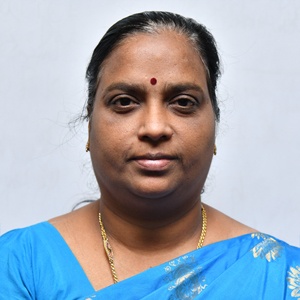B.Sc. - Nursing
Durgapur
.
4 years
UG
THE WEST BENGAL UNIVERSITY OF HEALTH SCIENCES
B.Sc. -Nursing passed 10+2 from any recognised board with Physics, Chemistry, Biology (50% for General, 40% for SC/ST/OBC, General PWD 45% and ST/SC/OBC 40%)
To complete admission online, follow the steps below:
Upon graduating with a B.Sc. in Nursing, students can embark on rewarding careers in various healthcare settings, working as:
Course Details of B.Sc. in Nursing as follows –
The world of advertising is a captivating realm that showcases incredible creativity and innovation, capable of alluring and engaging audience mind...
Read MoreNSHM Institute of Hotel and Tourism Management in Kolkata has become a trailblazer in hospitality management education, boasting a legacy of excell...
Read MoreDiscover the path to mastery in pharmaceutical sciences with the Master of Pharmacy – Pharmacology program at NSHM Institute of Health Scienc...
Read MoreMeet our faculty members

Assistant Professor Department of Nursing
Durgapur
M.Sc. Dietetics & Nutrition
Psychiatric Nursing, Psychology, Advanced Nursing Practice
L.G.B Regional Institute of Mental Health, SNDT Women's University
U.G., Sian Institute of Nursing Education
Royal Institute of Nursing & Medical Sciences, Durgapur
6 Years

Professor cum Principal Department of Nursing
Durgapur
GNM and B.Sc(N)
Medical and Surgical Nursing
Ph.D (Nursing), MAHER University
M.Sc(Nursing), MAHER University
B.Sc(Nursing), Annamalai University
ILS Nursing Institute, Agartala,Tripura
21 Years